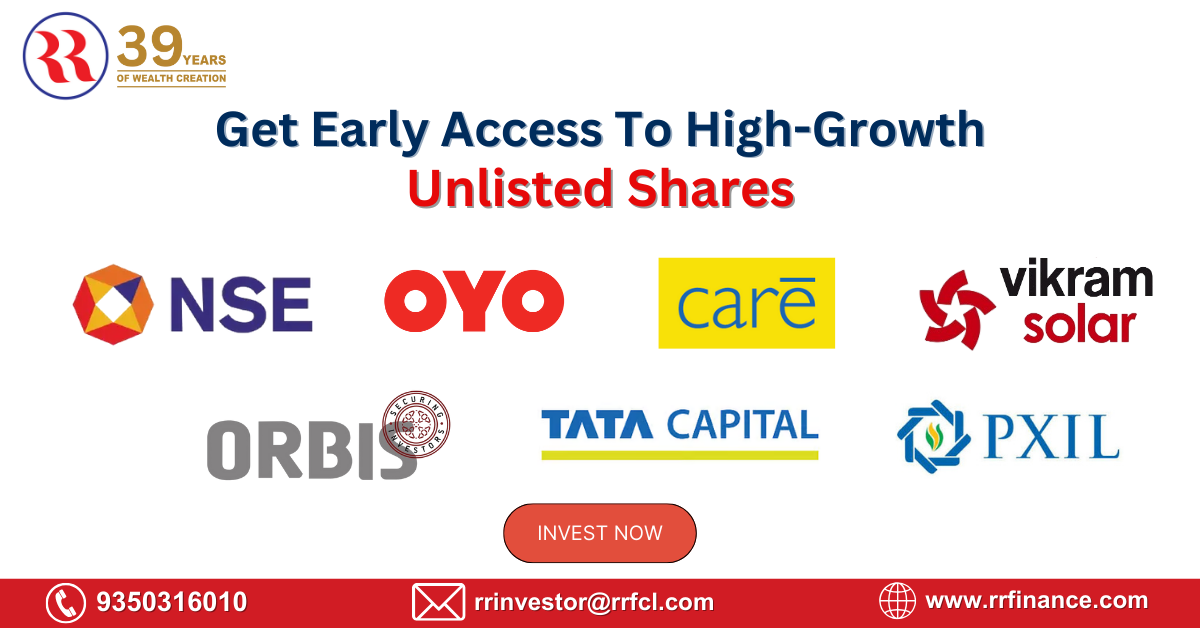The rise of private market investing has made unlisted shares a hot topic among investors. But unlike listed stocks, buying them isn’t as straightforward as opening a demat account and clicking “buy.” If you’ve ever wondered how to purchase unlisted shares in India, here’s a simple step-by-step guide.
Step 1: Understand What You’re Buying
Unlisted shares are equity shares of companies not listed on NSE or BSE. These can include:
- Pre-IPO companies preparing for listing,
- Startups backed by venture capital,
- Subsidiaries of large corporates,
- ESOP holdings sold by employees.
Step 2: Choose the Right Source
Unlisted shares are not available on public exchanges, so investors must buy them through:
- SEBI-registered brokers specializing in private market deals,
- Online platforms that facilitate buying and selling of unlisted shares,
- Employee stock options (ESOPs) sold by current or former employees,
- Private placements for institutional or HNI investors.
Step 3: Verify Company Information
Before investing, always check:
- Audited financial statements,
- Valuation reports,
- Business model and sector outlook,
- Promoter and management background.
Step 4: Complete Documentation
You will need:
- A Demat account for share transfer,
- KYC documents (PAN, Aadhaar, bank details),
- Signed agreements if required by the broker/platform.
Step 5: Transfer of Shares
Once payment is made, shares are transferred electronically to your Demat account. This process can take a few days, depending on the broker or platform.
Step 6: Plan Your Exit
Unlike listed shares, exits in unlisted shares are limited. You can sell through:
- A future IPO,
- Buybacks by promoters,
- Secondary private market deals.
Final Thoughts
Buying unlisted shares requires research, patience, and trust in the right intermediaries. While risk levels are higher, investors willing to look beyond traditional stock markets can find unique wealth-building opportunities in India’s growing private market.





Comments